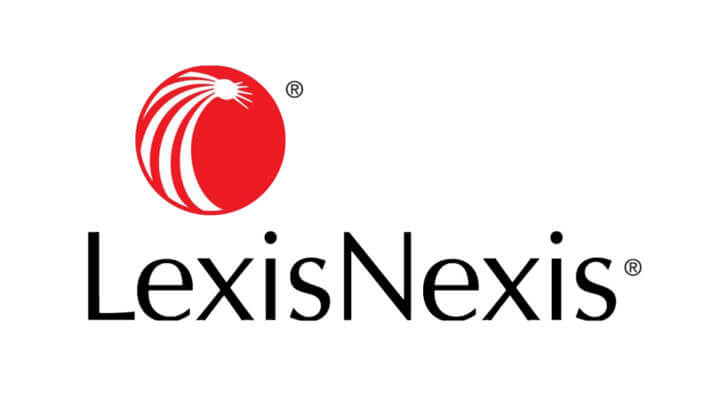BCL partner Julian Hayes and legal assistant Andrew Watson write for LexisNexis on the implications of the ICO’s first Commissioner’s Opinion on UK regulation of the processing of personal data.
Here’s an extract from the article:
What impact has the judgment in Bridges had on law enforcement’s use of LFR? What are the claimant’s grounds for appeal?
According to an ICO investigation into police use of LFR accompanying the Opinion, LFR use has increased rapidly in recent years. As at 31 October 2019, the Metropolitan Police Service had trialled it on ten occasions and South Wales Police had deployed it fifty times.
In the immediate aftermath of the High Court’s judgment in Bridges, the Home Office welcomed the decision, declaring that there was a clear and sufficient legal framework for the use of LFR in
the UK. The police response was more cautious. For example, in submissions to the Scottish Justice Sub-Committee on Policing, the Scottish Police Federation acknowledged the potential intelligence-gathering benefits of the technology but urged a public education programme about it.
Despite such individual expressions of caution, there was a risk that, absent the ICO’s Opinion and Bridges’ appeal, the High Court judgment could have been seen as a ‘green light’ for more widespread and possibly less controlled deployment of LFR by law enforcement.
Bridges’ appeal against the High Court decision is unlikely to be heard before February/March 2020. The grounds of the appeal are not publicly available but the human rights group, Liberty
(which is supporting the appeal), perhaps gave a preview when it suggested that in conducting the trials complained of by Bridges, South Wales police had breached their duty to eliminate discrimination under section 149(1) of the Equalities Act 2010 by failing to obtain information from the LFR technology provider to check the risk of bias.
This hint apart, the appeal is likely to focus on whether the interference with the appellant’s rights to a private life under Article 8 of the European Convention on Human Rights was proportionate,
and whether each LFR deployment was ‘strictly necessary’ or whether alternative less intrusive means would have sufficed (a point emphasised both in the ICO’s Opinion and in a recent blog post on LFR by the influential European Data Protection Supervisor).
This article was originally published by LexisNexis on 20/11/2019. Read the full article here.

